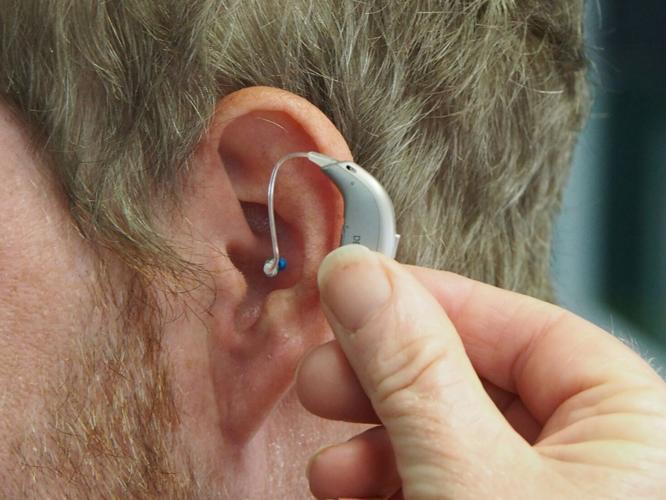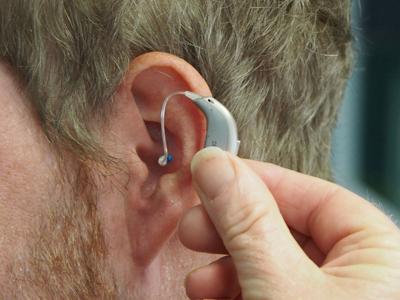
Mark Paton
By Stephen Beech
Deaf people have had their hearing restored thanks to groundbreaking gene therapy.
Researchers found the state-of-the-art technique can improve hearing in children and adults with congenital deafness or severe hearing impairment.
Hearing improved in all 10 patients, according to the findings of the study led by researchers in Sweden and involving hospitals and universities in China.
Dr. Maoli Duan, of the Karolinska Institute in Sweden, said: “This is a huge step forward in the genetic treatment of deafness, one that can be life-changing for children and adults."
The study, published in the journal Nature Medicine, comprised 10 patients aged 1 to 24 years old at five hospitals in China.
All of the patients had a genetic form of deafness or severe hearing impairment caused by mutations in a gene called OTOF.

(Photo by RDNE Stock project via Pexels)
The mutations cause a deficiency of the protein otoferlin, which plays a key role in transmitting auditory signals from the ear to the brain.
Dr. Duan explained that the gene therapy involved using a synthetic adeno-associated virus (AAV) to deliver a functional version of the OTOF gene to the inner ear via a single jab through a membrane at the base of the cochlea called the "round window".
The effect of the gene therapy was "rapid" and most patients recovered some hearing after just one month.
A follow-up after six months showed "considerable" hearing improvement in all the patients, with the average volume of perceptible sound improving from 106 decibels to 52.
Dr. Duan says the younger patients - especially those between the ages of five and eight - responded best to the treatment.

(Photo by Ron Lach via Pexels)
One of the participants, a seven-year-old girl, quickly recovered almost all her hearing and was able to hold daily conversations with her mother just four months afterwards.
Dr. Duan said: “Smaller studies in China have previously shown positive results in children, but this is the first time that the method has been tested in teenagers and adults, too.
“Hearing was greatly improved in many of the participants, which can have a profound effect on their life quality.
"We will now be following these patients to see how lasting the effect is.”
He said the results also show that the treatment was safe and well-tolerated.
The most common adverse reaction was a reduction in the number of neutrophils, a type of white blood cell.

Mark Paton
But no serious adverse reactions were reported in the follow-up period of six to 12 months.
Dr. Duan added, “OTOF is just the beginning.
“We and other researchers are expanding our work to other, more common genes that cause deafness, such as GJB2 and TMC1.
"These are more complicated to treat, but animal studies have so far returned promising results.
"We are confident that patients with different kinds of genetic deafness will one day be able to receive treatment.”


























(0) comments
Welcome to the discussion.
Log In
Keep it Clean. Please avoid obscene, vulgar, lewd, racist or sexually-oriented language.
PLEASE TURN OFF YOUR CAPS LOCK.
Don't Threaten. Threats of harming another person will not be tolerated.
Be Truthful. Don't knowingly lie about anyone or anything.
Be Nice. No racism, sexism or any sort of -ism that is degrading to another person.
Be Proactive. Use the 'Report' link on each comment to let us know of abusive posts.
Share with Us. We'd love to hear eyewitness accounts, the history behind an article.